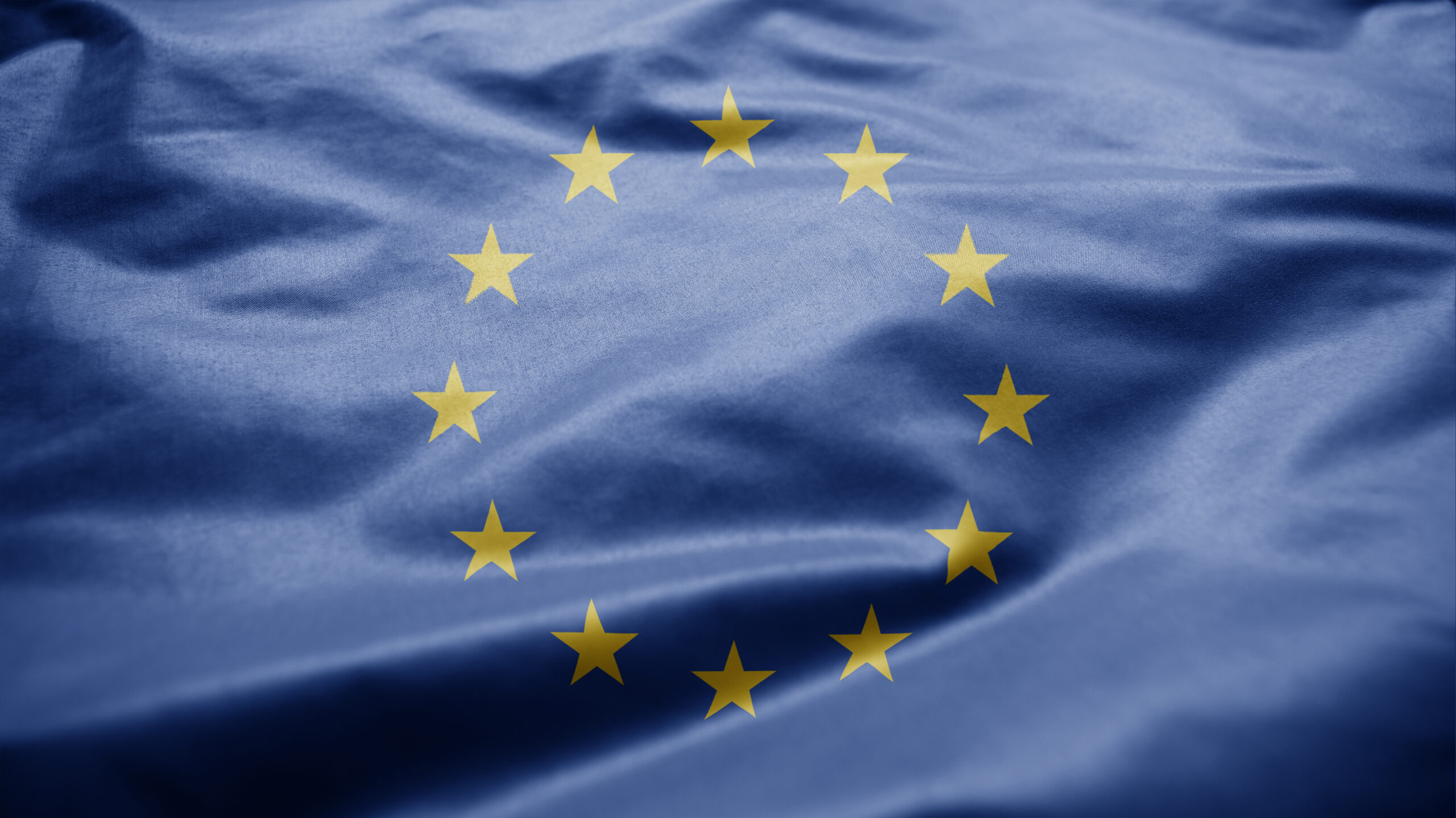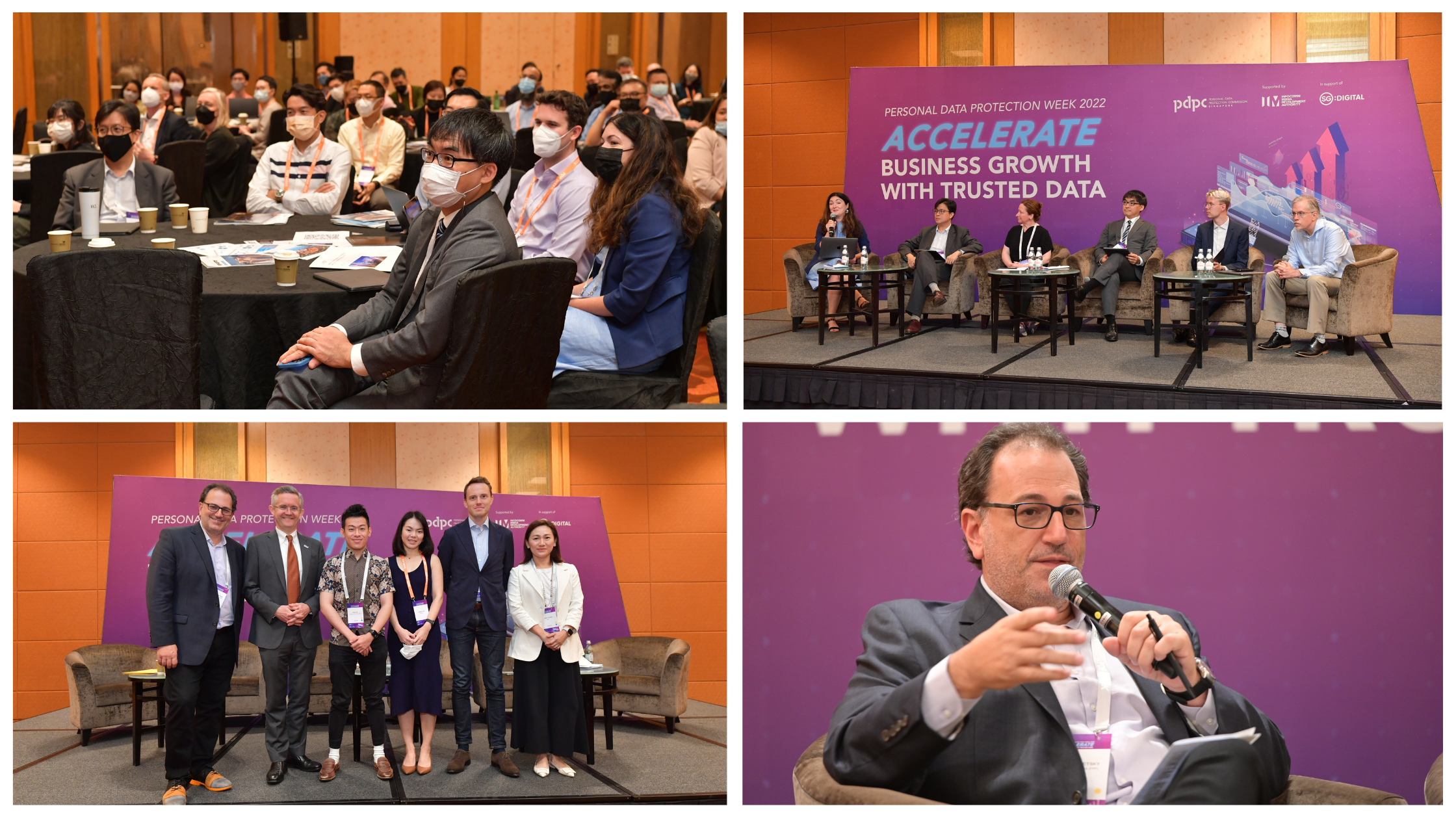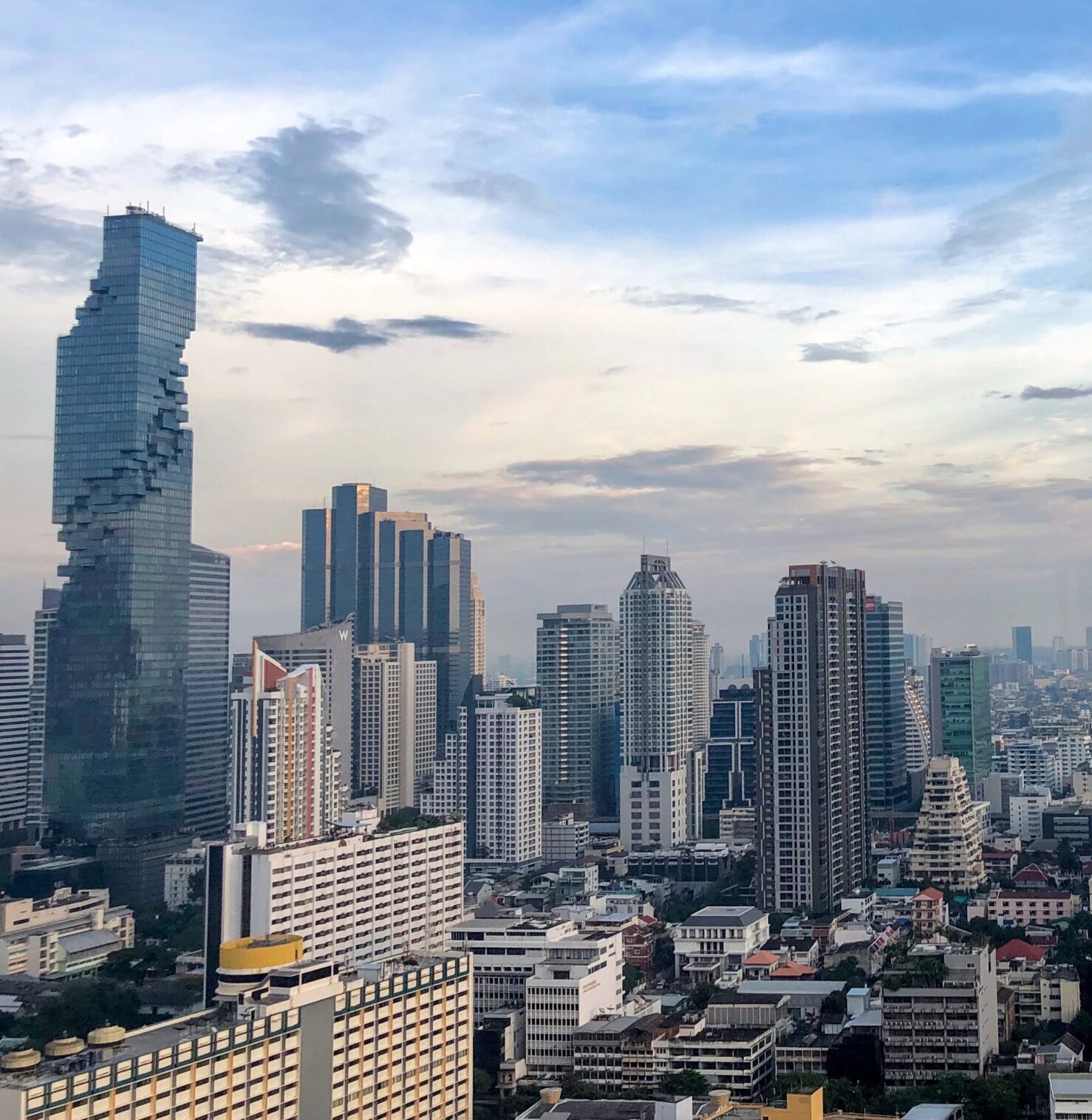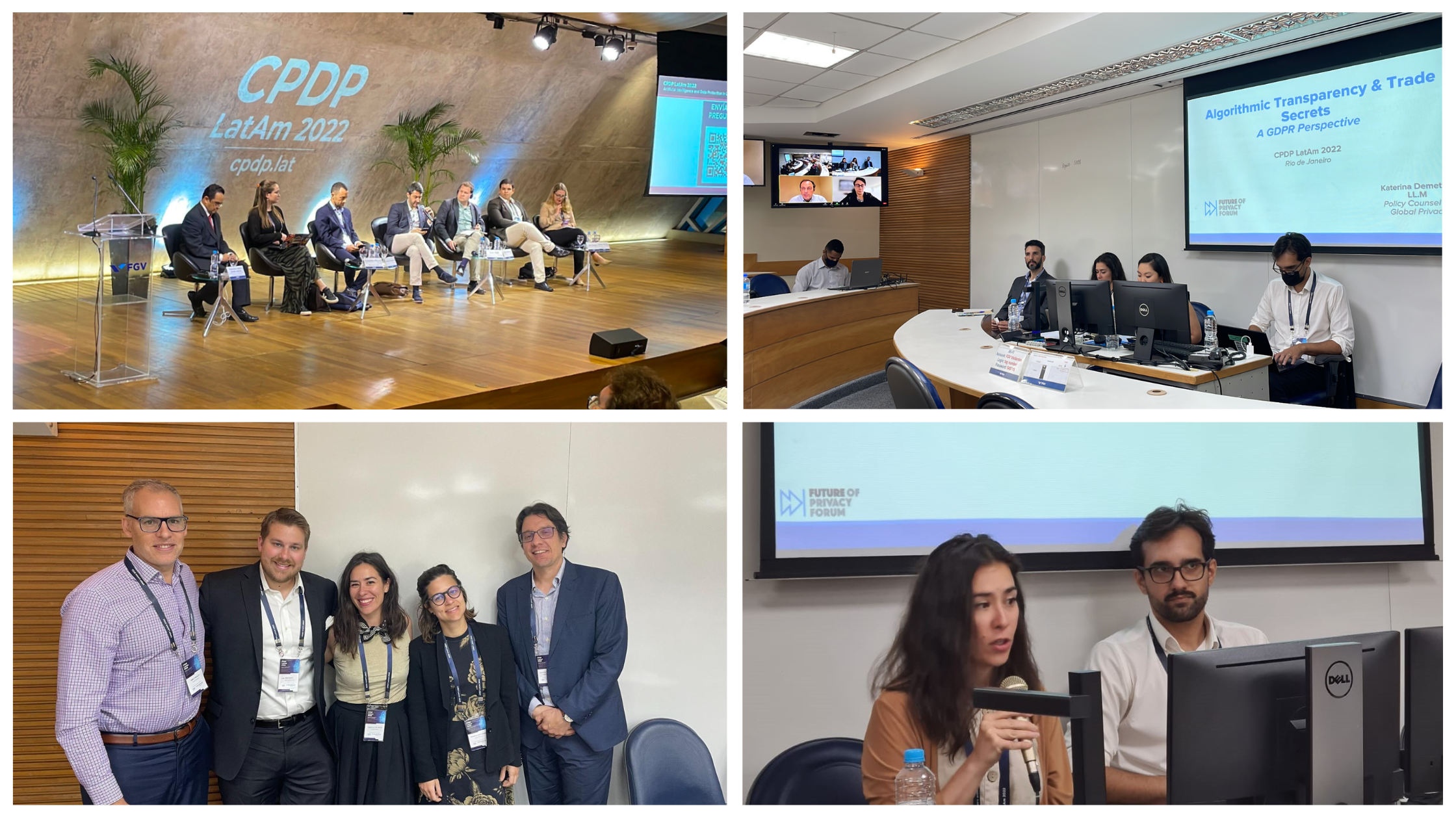Showing results for virg xped free promo code today tanzania

New Report on Limits of “Consent” in Singapore’s Data Protection Law
Introduction Today, the Future of Privacy Forum (FPF) and Asian Business Law Institute (ABLI), as part of their ongoing joint research project: “From Consent-Centric Data Protection Frameworks to Responsible Data Practices and Privacy Accountability in Asia Pacific,” are publishing the thirteenth in a series of detailed jurisdiction reports on the status of “consent” and […]

Looking Back to Forge Ahead: Challenges of Developing an “African Conception” of Privacy
[…] the emergence of the need for privacy among Europeans to the need for dignity, while for Americans, such a need emerged from the desire to express their freedom. By contrast, cultural practices in communities in other parts of the world may take a different view of privacy, such as the Japanese, who historically regarded […]

New Report on Limits of “Consent” in Macau’s Data Protection Law
[…] legitimate interests of the controller or a third party to whom the data is disclosed, subject to a “balancing test” between such interests and the fundamental rights, freedoms, and guarantees of the data subject. The PDPA also empowers a public authority, the Office of Personal Data Protection (OPDP), to issue guidance on the PDPA, […]

ETSI’s consumer IoT cybersecurity ‘conformance assessments’: parallels with the AI Act
[…] from FPF experts about responsibilities when engaging service providers, the role of technical and organizational measures, and Article 25’s intersection with AI and privacy enhancing technologies. Register today! If the above conditions are met, the IoT device embeds a high-risk AI system and thus both assessments (under the AI Act and the Standard) are […]

New Report on Limits of “Consent” in India’s Data Protection Law
[…] appear similar to the EU’s “legitimate interests,” but whose scope still remains uncertain. The PDP Bill would have required consent for processing of personal data to be free, informed, specific, clear, and capable of being withdrawn. For consent to qualify as “informed” under the PDP Bill, the data controller would have to provide certain […]

Introduction to the Conformity Assessment under the draft EU AI Act, and how it compares to DPIAs
[…] 43). They relate to: a) The quality of data sets used to train, validate and test the AI systems; the data sets have to be ‘relevant, representative, free of errors and complete’, as well as having ‘the appropriate statistical properties (…) as regards the persons or groups of persons on which the high-risk AI […]

FPF and Singapore PDPC Event: “Data Sovereignty, Data Transfers and Data Protection – Impact on AI and Immersive Tech”
[…] cases and scale of data transfers. Yeong stressed that global stakeholders need to reset the conversation around data flows in a way that respects different cultures and promotes global consensus around key issues like supervisory and law enforcement access to data. This resonated with Tobias Judin who said that the EU can continue to […]

New Report on Limits of “Consent” in Thailand’s Data Protection Law
Today, the Future of Privacy Forum (FPF) and the Asian Business Law Institute (ABLI), as part of their ongoing joint research project: “From Consent-Centric Data Protection Frameworks to Responsible Data Practices and Privacy Accountability in Asia Pacific,” are publishing the tenth in a series of detailed jurisdiction reports on the status of “consent” […]

FPF at CPDP LatAm 2022: Artificial Intelligence and Data Protection in Latin America
[…] secrecy claims are not able to prevent individuals from effectively exercising their privacy rights. Panelists discussed issues such as the necessity of disclosing application or software source code when providing “explainability” of decision-making to data subjects, and debated the level of detail necessary in disclosures required under transparency obligations. Ms. Demetzou focused on how […]

New Report on Limits of “Consent” in Vietnam’s Data Protection Law
[…] subject to narrow exceptions, such as requests from state authorities or necessity for medical care. Generally, under Vietnamese law, consent for processing of personal information must be freely given. Prevailing laws generally require entities that handle personal data to inform the data subject of the scope and purpose for collection and use of the […]
